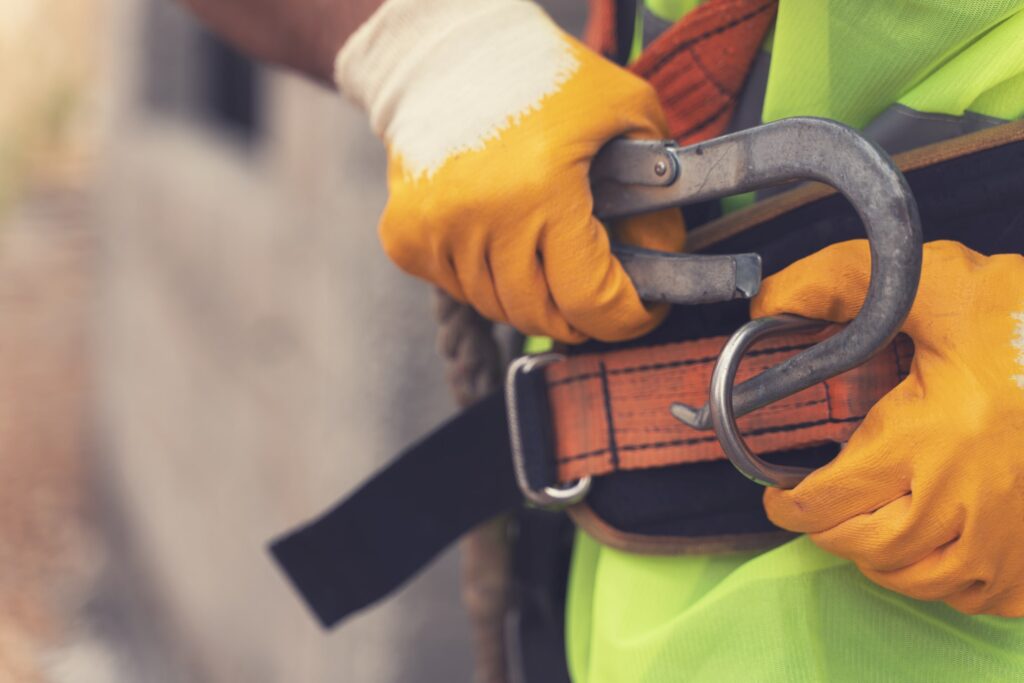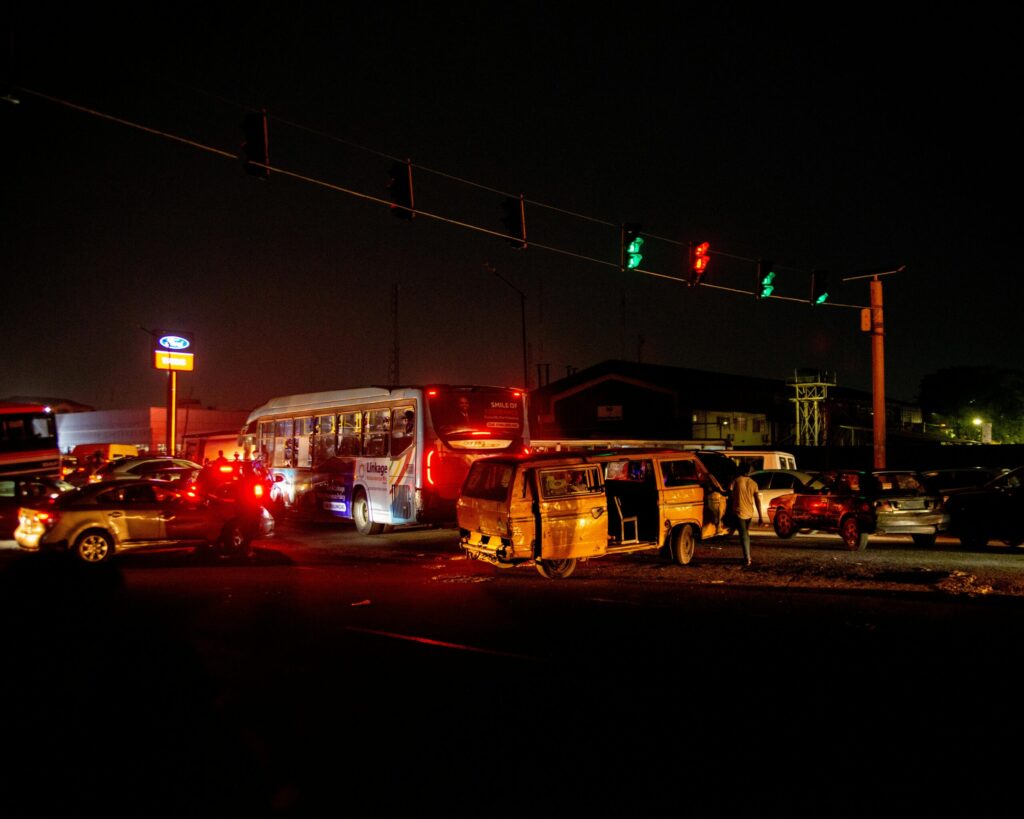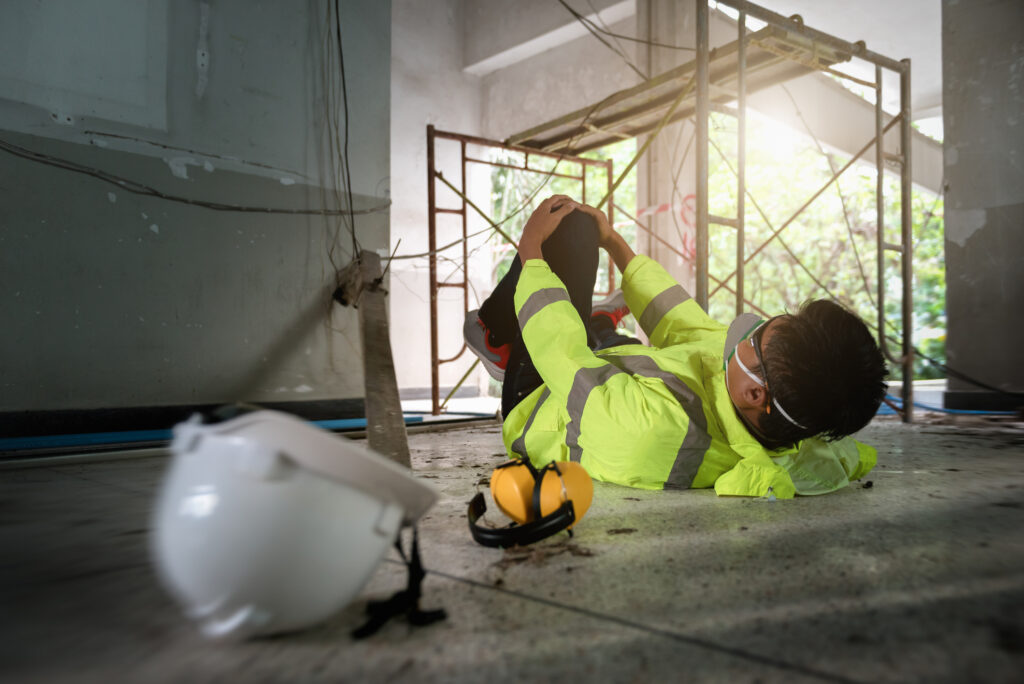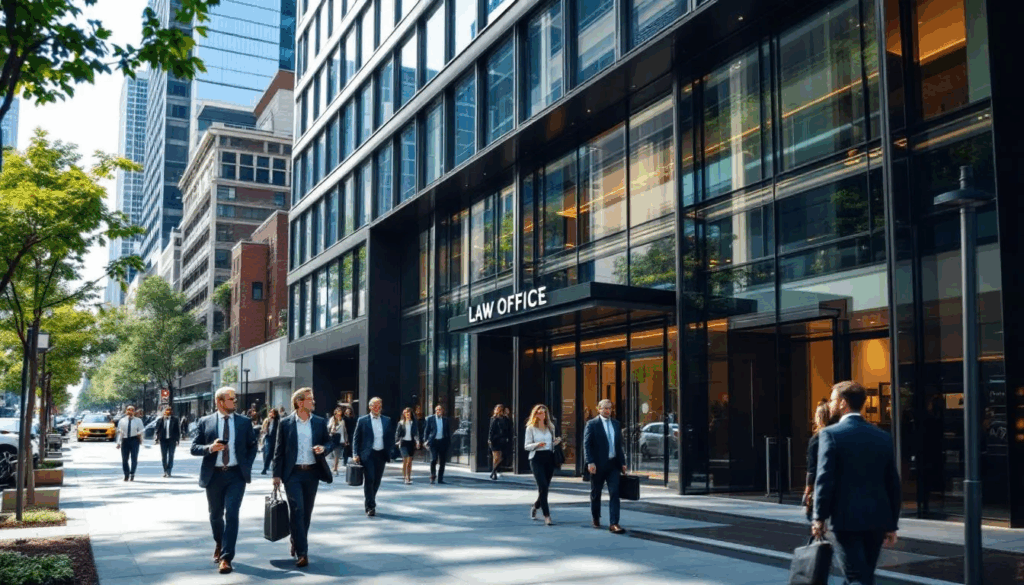Excavation accidents on construction sites pose significant dangers. In this article, we look at some of the common causes of these accidents, safety measures, and the role of attorneys. We also cover employer responsibilities and how to get compensation if you’re injured in an excavation accident.
Understanding Excavation Accidents
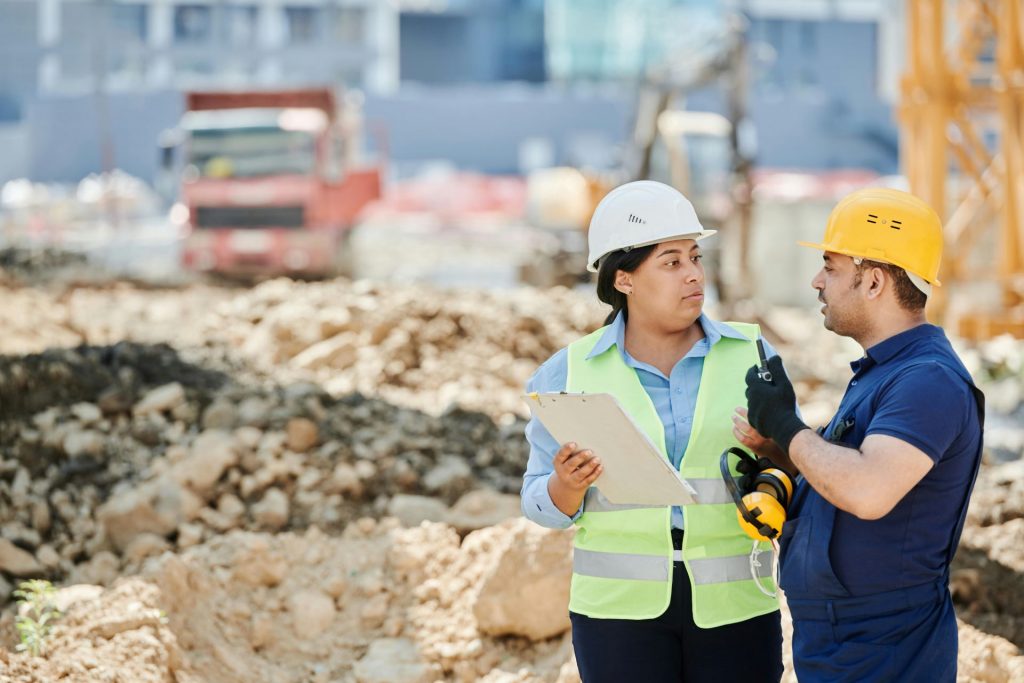
Excavation accidents are alarmingly prevalent at construction sites and are particularly dangerous for those involved. Construction workers face substantial risks during excavation work, as trenching and excavation have been known to lead to a significant number of occupational deaths. The occurrence of a trench collapse is among the most dire scenarios that can unfold at an excavation site, with walls caving in and entrapping workers beneath immense amounts of earth. This can inflict severe injuries or worse on those trapped by the considerable weight.
Workers engaged in excavation tasks not only risk being crushed, but also encounter other threats including exposure to toxic gases, limited oxygen levels, or even drowning should water pipes burst or sudden heavy rainfall occur within the vicinity. Given these varied dangers inherent in such settings, it is crucial that rigorous safety protocols be established and regular inspections be conducted to preemptively tackle potential risks before they culminate into tragic events. Weather changes complicate matters as they may alter conditions around trenches unpredictably. Thus requiring continuous reevaluation of working practices.
Recognizing these hazards lays the groundwork for preventing tragedies on-site through comprehensive training programs aimed at fostering adherence to high standards of safety while executing necessary protective steps consistently.
Legal Responsibilities of Employers in Excavation Work
The responsibility for the safety of construction sites, especially those involving excavation tasks, falls heavily on employers. OSHA mandates the employer foster a work environment that is devoid of severe hazards and adhere to established safety standards aimed at worker protection. Employers must comply with the requirements set forth in OSHA’s regulations which details specific measures for safeguarding workers engaged in excavation and trenching activities.
It is also incumbent upon employers to frequently inspect workplace conditions and ensure equipment provided is safe as well as properly serviced, along with guaranteeing efficient communication about safety procedures amongst all staff members. They must offer occupational safety training in a language and vernacular that their employees understand.
Additionally, employers must notify OSHA about any incidences of job-related fatalities or grave injuries within certain time limit. Non-compliance may culminate in legal implications should there be an on-the-job accident.
Protective Systems for Excavation Sites
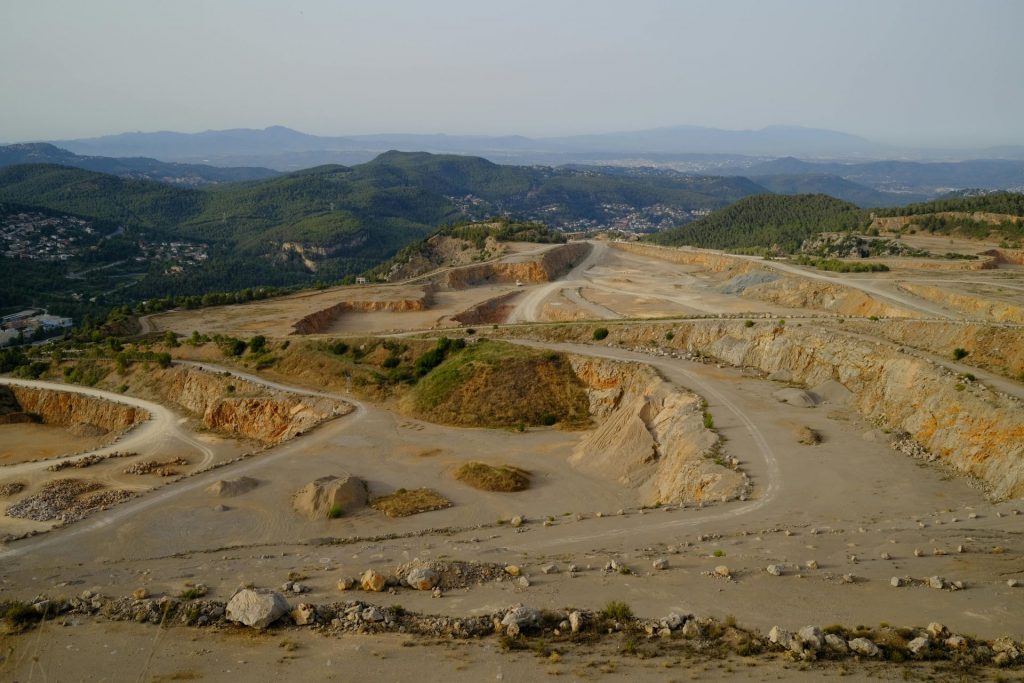
To protect construction workers from the potential risks associated with excavation work, OSHA mandates three core protective systems:
- Shielding: This strategy employs trench boxes to support and safeguard workers by reinforcing the walls of the excavation site.
- Shoring: This approach involves using supports to maintain stability in vertical trench walls.
- Sloping: By angling the trench wall sides, this technique aims at preventing collapses.
The choice of an appropriate protective system is determined by a range of factors such as soil conditions, levels of moisture present, and proximity to underground utilities. To assure safety against cave-ins and other dangers at excavation sites, competent individuals must perform daily inspections to verify proper implementation and functionality of these systems. It’s critical that monitoring for hazardous atmospheres including toxic gases or lack of oxygen is conducted routinely.
It’s crucial for accident prevention that there be effective management over protective mechanisms. Ensuring trench shields offer sufficient reinforcement or avoiding accumulation near edges during sloping processes are prime examples. Educating employees about these systems’ operations along with specific threats related to trenches plays a key role in reducing danger levels and maintaining security standards.
Common Causes of Excavation Accidents
Excavation sites can become hazardous when construction companies fail to deploy appropriate safety measures. A prime contributor is the lack of sufficient training in handling machinery and adhering to safety protocols, leading to preventable mishaps on-site. It’s crucial for all workers engaged in trench and excavation activities to receive thorough education that emphasizes lifesaving practices.
Trench collapses, a prevalent form of trench and excavation accidents, are often prompted by unstable soil conditions due to an absence of proper inspections or evaluations at the excavation site. Regularly assessing the soil quality allows for identifying suitable protective systems needed to avoid such calamities. Risks include inadvertent contact with underground utilities that could precipitate serious electrical dangers like electrocution if rigorous safety guidelines are not observed.
Another potential cause of an excavation accident involves drowning within the trenches caused by unexpected water ingress from intense rainfalls or damaged pipelines. This risk accentuates the importance of solid safety strategies tailored specifically toward managing water-induced threats onsite.
Injuries Resulting from Excavation Incidents
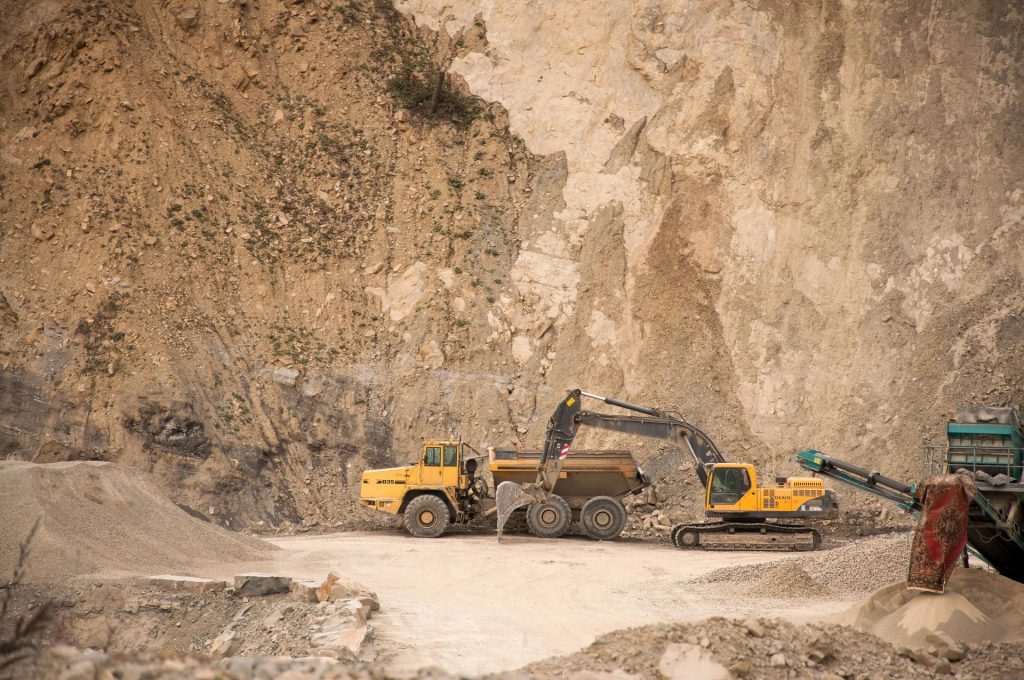
Accidents during excavation work can cause a variety of serious injuries. From 2019 through 2021 in the United States, trench collapses were responsible for claiming the lives of 38 construction workers, underlining the considerable dangers present. The possibility of being caught in cave-ins presents a critical threat at these sites as they may lead to suffocation or result in crushing injuries and broken bones.
There is also an alarming risk concerning traumatic brain injuries which frequently arise from falls or impact with objects while laboring within trenches. In addition, incidences such as trips and slips could cause muscular sprains, bone fractures, and head wounds. There’s a danger posed by moving machinery or plummeting debris that could potentially yield catastrophic consequences including severe harm or even amputation should equipment be handled incorrectly.
Potential run-ins with underground utilities may provoke electrical shocks and burns.
Pursuing Compensation for Excavation Accident Injuries

Construction workers who are injured due to excavation accidents should consider seeking compensation as an essential part of their recovery. Initiating legal proceedings allows workers to claim damages for medical costs, lost wages, and the emotional toll incurred from the injury. The first step in this process is typically a consultation where an attorney evaluates one’s legal rights and potential claims.
It’s imperative that victims understand the statute of limitations applicable in their jurisdiction since it dictates the time frame within which they can file a lawsuit. Workers who have endured trench collapses or similarly severe incidents may qualify for additional compensation outside of standard worker’s compensation if they require significant medical attention. Experienced lawyers will conduct thorough evaluations of accident reports to establish liability and gauge injury severity — factors critical to achieving just remuneration.
Legal actions could be leveled against several parties involved with construction projects including contractors, property owners, or even producers of faulty equipment used at sites. An experienced excavation accident lawyer plays a pivotal role by adeptly handling complex litigation issues associated with such workplace injuries while advocating for rightful restitution for clients.
Role of an Excavation Accident Lawyer
Attorneys specializing in excavation accidents are crucial for obtaining rightful compensation and justice for workers who have suffered injuries. Possessing an in-depth understanding of the specific safety protocols and liability legislation pertinent to construction sites, these lawyers adeptly manage intricate legal cases. Firms like the Law Office of Nicholas E. Tzaneteas play an essential role in representing those injured on construction sites, pursuing equitable resolutions.
At the helm of such specialized representation is Nicholas E. Tzanateas, whose expansive expertise in construction accident claims and workers’ compensation law empowers his team’s efforts to support victims of excavation incidents. This includes meticulous evidence collection, conducting witness interviews, and constructing robust arguments grounded in labor laws to champion their clients’ entitlements.
Call the Law Offices of Nicholas Tzanateas for Legal Assistance
Should you or someone close to you suffer an injury resulting from an excavation incident, obtaining legal support from the Law Offices of Nicholas Tzanateas could substantially impact your case’s outcome. With a service area that includes Brooklyn, Bronx, Manhattan, Queens, Staten Island, Westchester County as well as Nassau and Suffolk Counties, the law firm has more than 25 years of expertise in representing personal injury cases with a focus on severe and life-altering injuries.
Frequently Asked Questions
How many years of experience does the Law Offices of Nicholas Tzanateas have in personal injury representation?
The law firm has over 25 years of experience in personal injury representation.
In which areas does the law firm serve clients?
The law firm serves clients in Brooklyn, Bronx, Manhattan, Queens, Staten Island, Westchester, Nassau, and Suffolk.
What types of injuries does the law firm specialize in?
The law firm specializes in serious and catastrophic injuries. This focus allows them to provide dedicated support for clients facing significant challenges.
What types of cases does the law firm handle?
The law firm handles a wide range of personal injury cases, including construction-related accidents, auto and motorcycle accidents, medical malpractice, wrongful death, and premises liability, among others.

